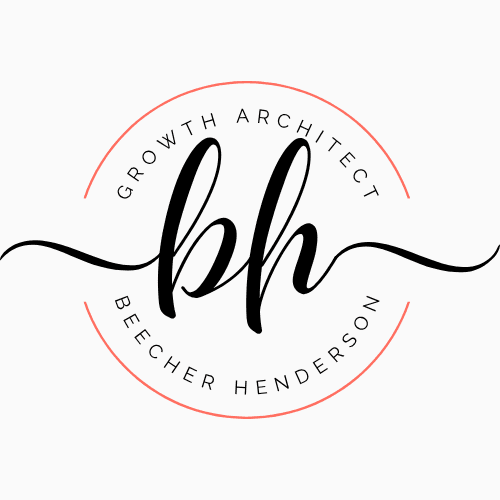What does listening without listening actually mean? An example would be you’re meeting with a client and as they are responding to your question you respond affirmatively like you actually heard what they were saying. But really, you were just crafting your next response or just waiting for them to stop talking so you could tell them all about the great product or service you think would be just great for them. And when you do that, guess what? It’s not just rude, it’s a recipe for missed opportunities, especially in leadership, sales, and relationships.
Here is another way that we can describe the term listening without listening, it’s when someone appears to be listening but isn’t truly processing or understanding what’s really being said. You might catch the words, but you miss the emotions, the intentions, the unsaid truths behind what they are trying to tell you. People don’t just want to be heard; they want to be understood. That’s the real currency of connection.
Here’s the kicker: people can feel when you’re faking it. They sense the lack of energy, the absence of genuine curiosity. And in sales or leadership, that’s the difference between closing a deal or losing a client, building trust or breaking it.
Real listening demands more than just hearing words. It means that you have to be fully present and dialed into the conversation. That means blocking out all distractions, focusing not just on what’s being said but how it’s being said, silencing your internal monologue and even your phone. You want to step into their world by being present, asking clarifying questions, validating and understanding their perspective—even if it’s not your own.
When you stop listening without listening and start showing up fully, magic happens. Create a safe space where the speaker feels heard and valued. Where walls come down, ideas flow, and relationships deepen. You don’t just hear words; you uncover needs, fears, and aspirations. That’s how you build influence and impact.
So, let me ask you a question. When was the last time you truly listened to someone, and how did it transform the conversation?


